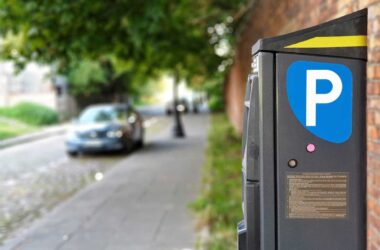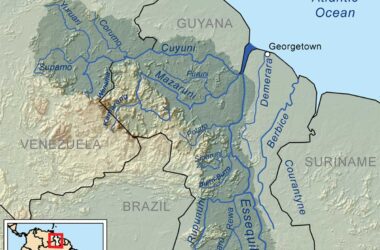GENERALLY, OECS governments have shown good judgment over the years in employing some outstanding technocrats and thinkers to administer and manage the organizations that have come out of the integration process. This must have contributed handsomely to much of the success which we have recorded in many sectors over time.
Unfortunately, the record of these same governments in listening to and acting on advice from these high level public servants is not so good and as a result we in the OECS are wallowing in a host of problems all because of crass laziness or indifference of our governments in pursuing solutions, most of which are very obvious and staring us all in the face.
The present Director General of the OECS Dr.Didacus Jules’ forte is education, but at a recent meeting of Ministers of Agriculture in St Vincent, he issued a bold but timely challenge to the sub regional leaders to reverse current trends in agriculture that are having so many negative effects, both economic and social, on the islands. It is a call that we support having made the very same pitch in the past.
Imagine in a region that has had a long tradition of agriculture as a major economic pursuit; that is endowed with rich fertile land and people still prepared to work it, we are now importing more than EC$1.2 billion a year in food products while large acreages lie idle in St Lucia, St Vincent, Dominica and the other islands.
The figures quoted by Dr. Jules represent a shameful indictment on the political leadership in these islands over the years that has resulted in the OECS importing between 55 and 95 percent of their food products. These are very damning statistics. It is almost criminal the way we have neglected agriculture. The results have been staggering: rural poverty, unemployment, loss of economic earnings and foreign exchange, reliance on unhealthy products from abroad and the lowering of nutritional standards, the list goes on.
All over the OECS we have Prime Ministers bragging about their visionary leadership qualities and capabilities, yet fail to see the possibilities that exist in a focused agricultural development programme. St Lucia, for example, has never fully exploited its agricultural potential. In the era when bananas reigned supreme, we got away with it. Now that we are putting most of our eggs in the tourism basket, the fallacy of that policy is there for all to see. We need another economic spinner, and agriculture can be it, but our leaders have to rise up and make it happen.
Unfortunately, people in Dr. Jules’ position can only point out the possibilities and hope that the leaders respond positively. His challenge that the islands move to halve their food import bill in three years, and begin by penetrating their own market that is now being expanded with the admission of Martinique and soon, Guadeloupe, might sound over-ambitious but is achievable if there is the will. So we wait to see who will be first to take up the challenge.







A few decades ago, at JFK Airport, a young adolescent boy was admiring a picture of a Cadillac (auto) on a magazine rack. He turned to his dad and said in perfect French ” when I grow up, I will buy a Cadillac”. The adult french man replied solemnly ” no, you will buy a Peugot !”.
I distinctly made out the beginning of a conversation on imports / balance of trade/ GNP and their impact on the economy of the home country. It is a memory that remains fresh to this day for a variety of reasons, especially the manner / quality of interactive conversation that safely transpired across the obviously secure boundaries of their well established relationship and subsequent roles.
Agriculture is a nation’s breadbasket. Moreover, its surplus is a charitable gift from and for for the homeland.